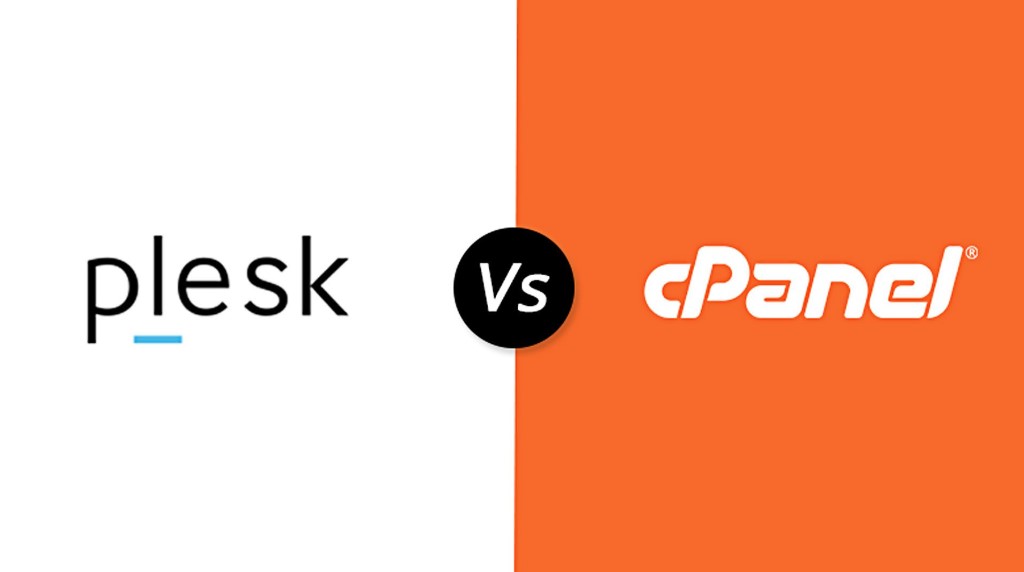Choosing the correct control panel for your VPS server can be confusing when you have a minimal idea about what precisely a control panel is. Let’s put some light on what is a control panel.
A domain hosting control panel is like a centralized controller that is designed to ease the administration of web hosting services. Therefore, it is an essential aspect while selecting your web hosting services.
In this article, we are going to look into the most popular control panel options, i.e.,cPanel and Plesk and the difference between them so it helps you understand what’s the best VPS hosting option for your business.
Plesk VPS
cPanel is a Comprehensive UI designed for experienced users, aiming for an all-embracing experience
1. User of Plesk panel
The usual users of Plesk are IT admins & professionals, Developers, Content Managers, and Digital agencies etc.
2. Infrastructure
It is based on the latest architecture with Extensions for the fast delivery of features. A few of the examples include Advisor, WordPress Toolkit, Extension Catalog, REST API, Git, Docker, etc.
3. Docker Support
It supports Docker on Linux.
4. Web Servers
The web service includes both Apache and Nginx.
5. Operating System
The operating system supports Linux as well as Windows Server
6. User Web Interface
It is redesigned UX/UI using current JavaScript technology. Further supports PHP, JavaScript, Perl, Ruby, Python, Java, and . NET.
7. WordPress
WordPress Kit is available as a choice extension.
8. Extensions
It comes pre-installed with 100 or more apps and extensions.
9. Security
Plesk includes various advanced security features and extensions, including Fail2ban, email antispam, and active directory integration. Further, it includes fast patching for security vulnerabilities.
10. Database Access
It provides support to MySQL or MSSQL Server.
11. Backup Support
It provides backup support with various tools.
12. Price
It tends to have more expensive plans with advanced features and customization options. Pricing may vary based on website complexity.
13. Support
A robust support system with paid options provides comprehensive assistance for users requiring more help.
cPanel VPS
cPanel is elegantly designed to give a user-friendly experience for all user levels.
1. User of cPanel
The usual users of cPanel are Developers & IT, SME businesses, Business leaders, and Business partnerships.
2. Infrastructure
It is designed for dedicated or virtual private servers with a 3-tier structure.
3. Web Servers
The web server includes Primarily Apache, optional NGinx
4. Operating System
The OS supports CloudLinux, Red Hat, CentOS, AlmaLinux, and Ubuntu, in particular, cPanel/WHM versions.
5. User Web Interface
It has a graphical interface for managing diverse features.
6. WordPress
It is the same as Plesk, available as an optional extension.
7. Extensions
You can add extra apps using auto-installers like Softaculous.
8. Security
It has SSL support through the Let’s Encrypt plugin and standard SSL, which Sectigo powers. The security issues may take days to execute.
9. Database Access
It has PhpMyAdmin for handling MySQL databases.
10. Backup
There can be a Complete website backup with some compatibility issues.
11. Price
Generally offers lower costs, making it budget-friendly.
12. Support
Ample community support with extensive online resources, forums, documentation, and video tutorials.
Conclusion
Both panels have their pros and cons; therefore, you must evaluate your business needs, and the type of webpage you are looking to host is best.
Usually, cPanel is sufficiently suited for small businesses as it comes with a simple website management solution.
On the other hand, the Plesk VPS Server panel is a comprehensive solution more suitable for larger businesses.




